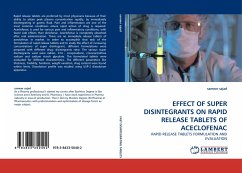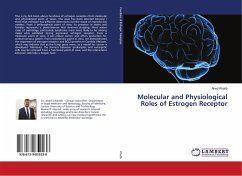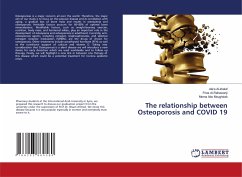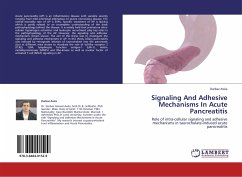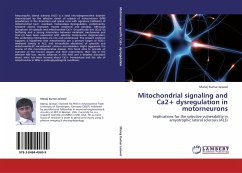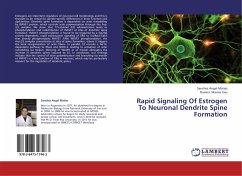
Rapid Signaling Of Estrogen To Neuronal Dendrite Spine Formation
Versandkostenfrei!
Versandfertig in 6-10 Tagen
32,99 €
inkl. MwSt.

PAYBACK Punkte
16 °P sammeln!
Estrogens are important regulators of neuronal cell morphology and this is thought to be critical for gender-specific differences in brain function and dysfunction. Dendritic spine formation is dependent on actin remodeling by WAVE1 protein, which controls actin polymerization through the Arp-2/3 complex. We show that 17-estradiol (E2) administration leads to phosphorylation and redistribution of WAVE1 at sites of dendritic spine formation. WAVE1 phosphorylation is found to be triggered by a G i/G protein-dependent, rapid extranuclear signaling of ER to Src/Rac1/Cdk5 that directly phosphorylat...
Estrogens are important regulators of neuronal cell morphology and this is thought to be critical for gender-specific differences in brain function and dysfunction. Dendritic spine formation is dependent on actin remodeling by WAVE1 protein, which controls actin polymerization through the Arp-2/3 complex. We show that 17-estradiol (E2) administration leads to phosphorylation and redistribution of WAVE1 at sites of dendritic spine formation. WAVE1 phosphorylation is found to be triggered by a G i/G protein-dependent, rapid extranuclear signaling of ER to Src/Rac1/Cdk5 that directly phosphorylates WAVE1. After WAVE1 phosphorylation, the Arp-2/3 complex concentrates at sites of spine formation, where it triggers the local reorganization of actin fibers. In parallel, E2 recruits a G 13-dependent pathway to RhoA and ROCK-2, leading to activation of actin remodeling via moesin. Silencing of WAVE1 or of moesin abrogates the increase in dendritic spines induced by E2. In conclusion, our findings indicate that the control of actin polymerization and branching via moesin or WAVE1 is a key function of ER in neurons, which may be particularly relevant for the regulation of dendritic spines.





